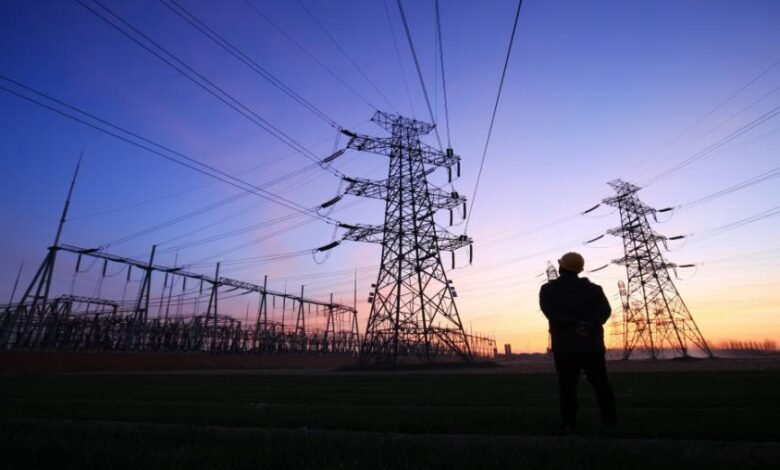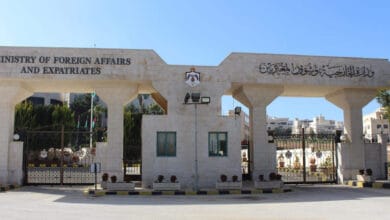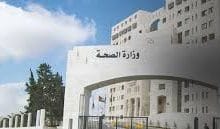
Jordan Maintains Power Grid Stability, Strategic Fuel Reserves Amid Regional Tensions
shahennews
Amid escalating regional instability, Jordan has taken precautionary measures to secure its energy infrastructure, ensuring both the stability of its electricity grid and the availability of strategic petroleum reserves.
The Ministry of Energy and Mineral Resources, in coordination with multiple national entities, has implemented contingency plans to guarantee the uninterrupted supply of electricity and petroleum products across the country. The efforts come as part of a broader national energy security strategy that prioritizes sustainable access to power in times of crisis.
Energy Minister Saleh Al-Kharabsheh confirmed that the national electricity system remains stable and secure despite disruptions in natural gas supply from Egypt, which traditionally provides Jordan with 100 million cubic feet of gas per day for power generation. The minister acknowledged that the suspension has led to additional costs but emphasized that Jordan’s power plants have seamlessly transitioned to alternative fuel sources to maintain grid efficiency.
To address the shortfall, authorities have secured continuous alternative fuel supplies sufficient for 20 days and are monitoring the situation closely. Emergency plans also include enhanced coordination between the ministry and regulatory bodies to ensure real-time responsiveness to any developments.
The Energy and Minerals Regulatory Commission (EMRC) has intensified its oversight through its Emergency Monitoring Center, ensuring high network performance and system reliability. The National Electric Power Company (NEPCO) has activated a pre-approved emergency plan, temporarily suspending natural gas supplies to certain industrial consumers while maintaining residential and commercial supply. The measure, deemed precautionary, will be reassessed as regional conditions evolve.
In the petroleum sector, the Jordan Oil Terminals Company (JOTC) continues to enhance national storage capacity, with facilities in Aqaba and Madouneh offering a combined capacity of 312,000 tons, sufficient to cover up to two months of national demand depending on the fuel type. Utilization at the Aqaba site reached 89.2% in 2023, aided by the addition of JOPetrol as a new client.
Jordan Petroleum Refinery Company CEO Hasan Al-Hiyari stated that the refinery operates under a comprehensive plan to ensure uninterrupted supply, including robust operations at its Zarqa and Aqaba sites. The company maintains daily-updated reserves across key fuels, such as gasoline, diesel, jet fuel, and LPG, and holds strategic reserves for emergency use.
Jordan’s energy security strategy also emphasizes diversification and sustainability. The government aims to increase the share of renewable energy in the national grid from 27% in 2024 to 50% by 2030. The strategy includes enhancing energy efficiency and expanding domestic contributions to the energy mix, including greater use of oil shale and local gas fields.
Energy expert Hashem Aqal noted that the crisis presents an opportunity to accelerate investment in domestic energy projects. He highlighted the Baynouna Solar Park and growing exploitation of oil shale as key steps toward greater self-reliance, adding that the government is actively pursuing agreements to drill additional wells in the Risha field.
NEPCO’s 2024 report shows that grid availability reached 99.92%, with total generation capacity at 4,443 MW from conventional sources and 1,617 MW from renewables. The report confirms alignment with Jordan’s 2020–2030 national energy strategy, which targets a 31% renewable share by the end of the decade.
Jordan was ranked first in the region for non-hydropower renewable capacity by the 2023 Arab Future Energy Index (AFEX), highlighting its regional leadership in clean energy.
In parallel, Jordan is advancing a 450 MW hydro-based energy storage project near Wadi Mujib and has signed a 10-year lease-to-own agreement for a floating LNG storage unit in Aqaba. The vessel, to be operated by BW LNG, is expected to begin service in 2026, bolstering the country’s gas supply flexibility.
These developments reinforce Jordan’s commitment to long-term energy resilience, supporting national economic stability and ensuring the continuity of essential services amid external uncertainties.
//Petra// RZ






